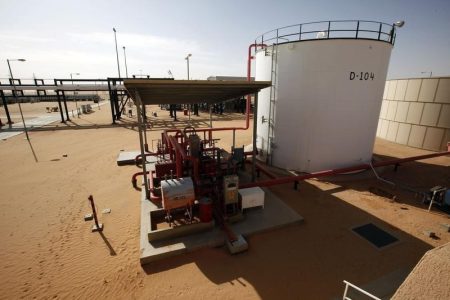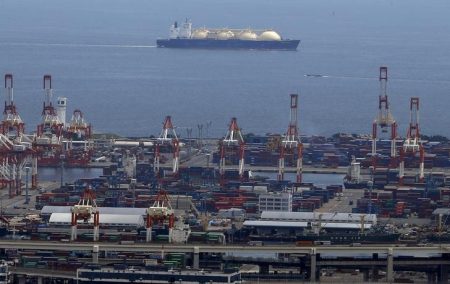By Yuka Obayashi
TOKYO (Reuters) – Oil prices eased in early Asia trade on Monday, reversing last Friday’s rally as investors waited to see if the Israel-Hamas conflict draws in other countries, which could drive up prices further and deal a fresh blow to the global economy.
futures fell 36 cents, or 0.4%, to $90.53 per barrel and U.S. West Texas Intermediate (WTI) crude dropped 37 cents, or 0.4%, to $87.32 a barrel by 2215 GMT on Sunday.
Both benchmarks rose nearly 6% on Friday, posting their highest daily percentage gains since April, as investors priced in the possibility of a wider Middle East conflict.
Brent also recorded a weekly gain of 7.5%, its biggest such increase since February. WTI climbed 5.9% for the week.
The conflict in the Middle East has had little impact on global oil and gas supplies, and Israel is not a big producer.
But investors and market observers are assessing how the conflict could escalate and what it might mean for supplies from nearby countries in the world’s top oil producing region.
Israel’s Prime Minister Benjamin Netanyahu vowed on Sunday to “demolish Hamas” as his troops prepared to move into the Gaza Strip in pursuit of Hamas militants whose deadly rampage through Israeli border towns shocked the world.
Inside Gaza’s narrow and crowded streets, conditions were deteriorating as deaths from Israeli air strikes rose. Bodies were stored in ice cream freezer trucks because moving them to hospitals was too risky and cemeteries were full.
With fears of the conflict spilling further, U.S. Secretary of State Antony Blinken continued his tour of Middle East states, seeking to prevent escalation and secure the release of 155 hostages Israel says were taken by Hamas back into Gaza.
Read the full article here















